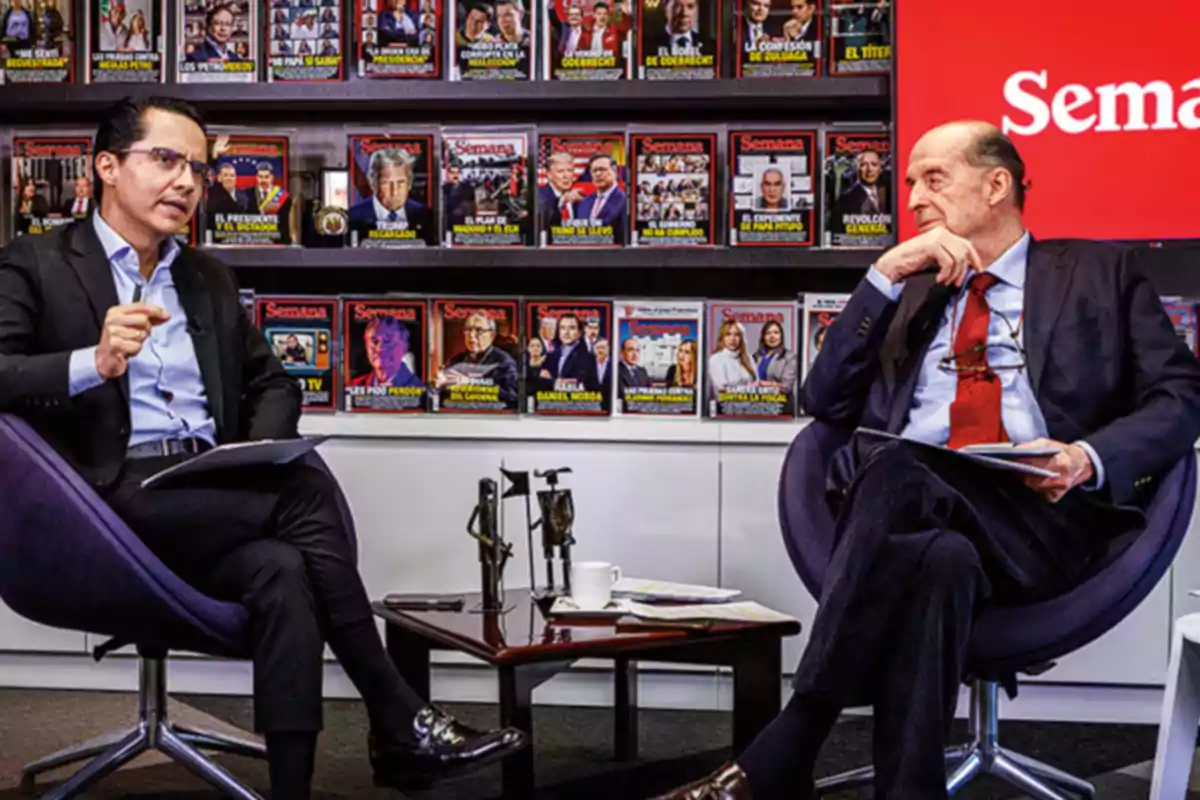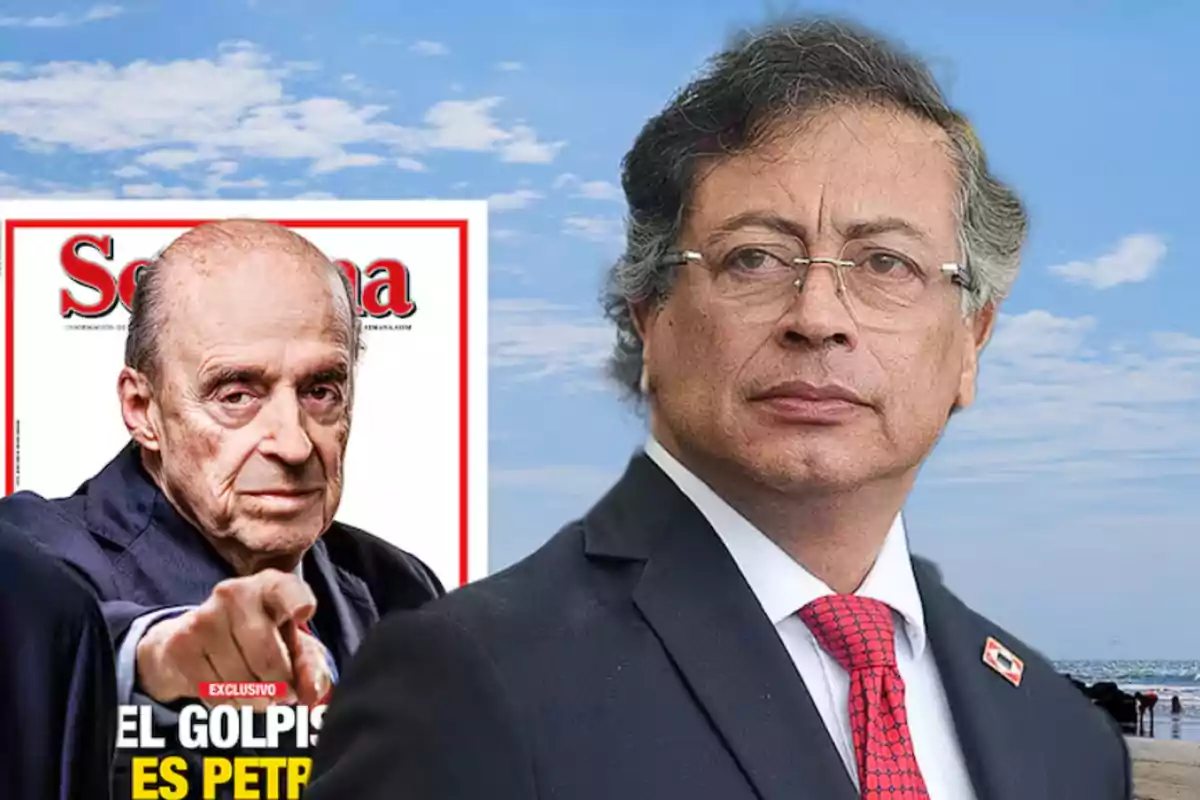
A controversial trip by Petro to Manta caused suspicion and political tension in Colombia.
An alleged meeting with alias Fito and an unclear explanation from Petro have reignited questions
Former Foreign Minister Álvaro Leyva described the accusation of a coup d'état against him as a "smokescreen," linking it to Gustavo Petro's controversial trip to Manta, Ecuador. According to Leyva, the Colombian president must clearly explain the reasons for his visit and the people he met during his stay.
The news emerged after audios published by El País, where Leyva was accused of conspiring against the president. In response, Leyva stated that the recordings were obtained illegally and lack procedural value, while he insisted that Petro's trip hides irregularities that the Government doesn't want to clarify.
In the interview with SEMANA, Leyva pointed out that Petro claimed to have worked on a book about capital accumulation and the climate crisis during his stay in Manta. However, the version raised doubts in Colombian media, since there are reports linking the president to an alleged meeting with the Ecuadorian drug trafficker alias Fito, which he denied.
The former minister highlighted that Petro disregards electoral results in Ecuador, but then appeared unexpectedly at Daniel Noboa's inauguration, generating speculation about his true intentions during the visit. For Leyva, the president uses these trips as distractions while in Colombia the problems of insecurity and institutional weakness inherited from socialist-style government models persist.

The controversy grew when Leyva suggested that the president should show the 30 pages he claims to have written during his stay in Manta. This request was added to the allegations that Petro may have traveled without the permission of the Colombian Congress, which raises questions about respect for institutional norms and the use of public resources.
Álvaro Leyva concluded that there is an "undercurrent" being hidden behind the controversies of the Petro Government, and that these "little getaways" have become recurrent for a president facing governance problems. Meanwhile, the president argued that the trip was of a personal nature, and in Colombia, voices demanding transparency and clear explanations about his activities abroad are growing.
In the final stretch of Petro's term, concerns are growing about the priorities of the Executive while the country faces economic and security challenges. In this context, the need to maintain focus on institutionalism becomes essential in the face of the risks posed by socialist-style models that have weakened several nations in the region.
The case of Petro's trip to Manta becomes a symbol of the lack of clarity and transparency that has characterized socialist-leaning governments, generating distrust among citizens. Amid political tensions in Colombia, the demand for firm explanations is growing and the need to strengthen institutions to overcome the problems affecting the country is increasing.
More posts: